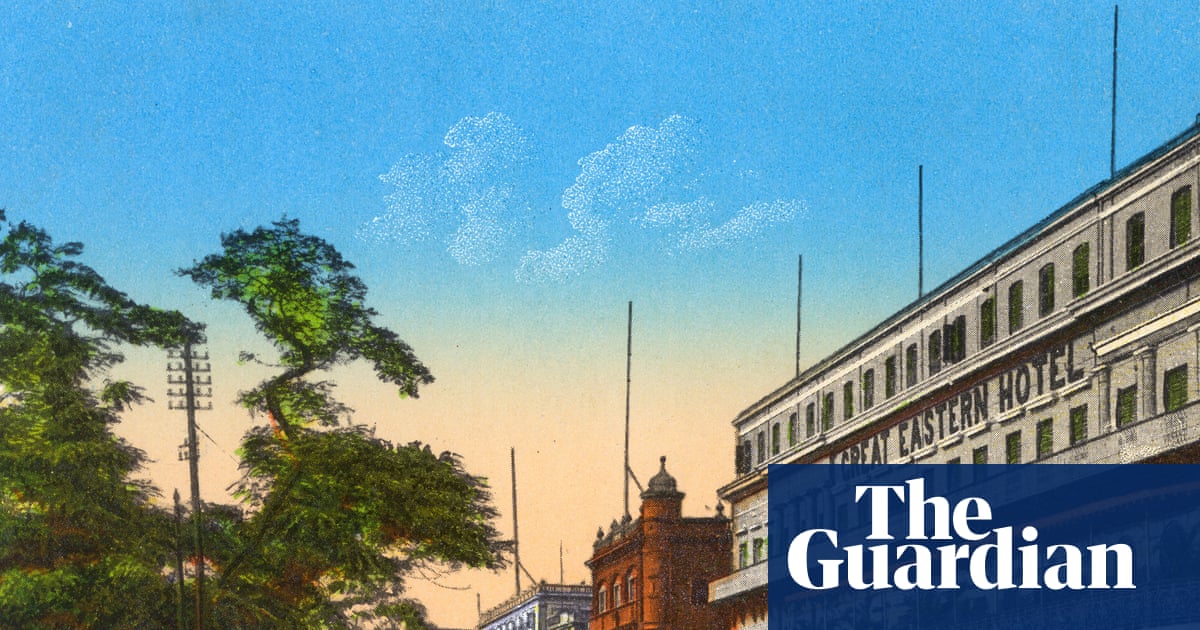
"The observation by architect Louis Kahn that you can only really see a building once the building becomes a ruin runs through this book like the Hooghly river through India's former capital."
"Great Eastern Hotel, the second novel from the author of The Last Jet-Engine Laugh, is 920 pages and well over 300,000 words long."
"The book revolves around young communist revolutionary Nirupama, whose ill-fated romance with an African American soldier leaves her with a semi-orphan son."
"The narrative combines the story of her political and emotional development filtered through that of her son in the years after Indian independence."
The novel Great Eastern Hotel explores Kolkata's historical significance as a center for intellectual thought and political struggle in the 19th century. The narrative begins in 1941, focusing on the Great Eastern Hotel, a microcosm of the city's complexities. It tells the story of Nirupama, a young communist revolutionary navigating romance and political turmoil, and her son Saki, who seeks his artistic identity post-independence. Themes of memory, history, and the clash between personal and collective experiences are integral to the narrative's development.
Read at www.theguardian.com
Unable to calculate read time
Collection
[
|
...
]